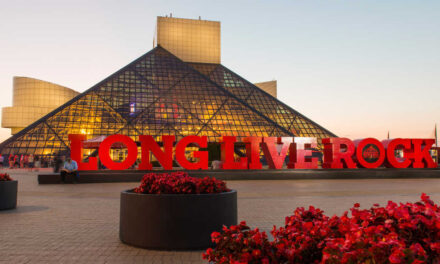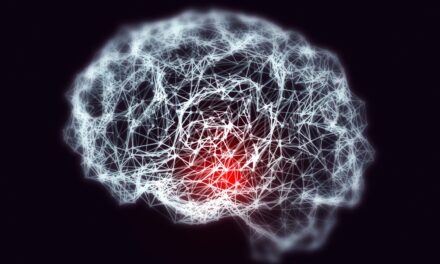A British policeman (centre) comes to the aid of a fellow police officer overpowered by a crowd, rioting over London’s growing black population in the Notting Hill gate district, August 31, 1958. In 1958, racially motivated attacks on black residents in Notting Hill sparked days of rioting. The Notting Hill Carnival — now one of Europe’s biggest street parties — was founded soon after to celebrate Caribbean culture and bring cultures together. A decade later, Conservative politician Enoch Powell made an infamous speech predicting “rivers of blood” as a result of mass immigration. (Photo: AP)
A flood of immigrants from Africa, Asia, and the West Indies during the 1950s sparked anxiety throughout the United Kingdom, which had a white population of over 90 per cent at the time.
According to tribunemag.co.uk, among those opposing migration from the Caribbean islands was the most famous man in the UK.
Sir Winston Churchill, the prime minister who led Britain through World War II, was still in office in early 1955. He reportedly told Jamaica’s Governor General Sir Hugh Foot that a widespread Caribbean presence in their country would create “a magpie society” and “that would never do”.
Despite initial scorn, the integrated society that Churchill and other traditionalists feared has materialised due to the emergence of the Windrush Generation — West Indians who moved to the UK between June 1948 and 1971.
CHURCHILL… reportedly said that a widespread Caribbean presence in England would create “a magpie society”
In 2020 the Office for National Statistics revealed that, “one in 10 people in Britain are married to or living with someone from outside their own ethnic group”.
Those figures have earned the UK its unofficial title of “melting pot of the world”.
Sene Jameh, a black man born in Harlesden, west London, to Jamaican parents, is married to a woman of East Indian heritage. He told the Jamaica Observer that interracial unions are commonplace in the UK, especially in major centres like London, the capital, as well as in Manchester, Yorkshire, Liverpool, Bristol, and Cardiff — the capital of Wales.
“I didn’t see it at first because I grew up in a black neighbourhood. All my neighbours in Harlesden were black and that kind of thing was scorned, even by black families,” he said.
Jameh believes those attitudes changed as young adults started going to college or entered the workforce, where many of them experienced diversity for the first time. In terms of West Indians (mainly Jamaicans) white Britons were drawn to their culture.
“Our culture is the dominant culture here. They started coming to our events, like our carnivals. That’s where you saw a lot of mixed-race couples,” Jameh noted.
Many black West Indian men married white women while living and studying in the UK during the 1950s and 1960s. Similar unions between white British men and black women from the islands were less prevalent.
Interracial partnerships have produced a number of famous Britons including singer Shirley Bassey (Nigerian father, English mother), Ryan Giggs (Liberian father, Welsh mother), racing driver Lewis Hamilton (Grenadian father, English mother), singer Craig David (Grenadian father, English mother), and rapper Goldie (Jamaican father, Scottish mother).
Jameh, a recording artiste known as Scratchylus, recalls members of his family being strongly opposed to marriage between people of different races. Members of his wife’s family, who are from India, were also sceptical.
“I used to scorn it like them, but as I got older I learned more about it — and, like me, they now accept it,” he said.





